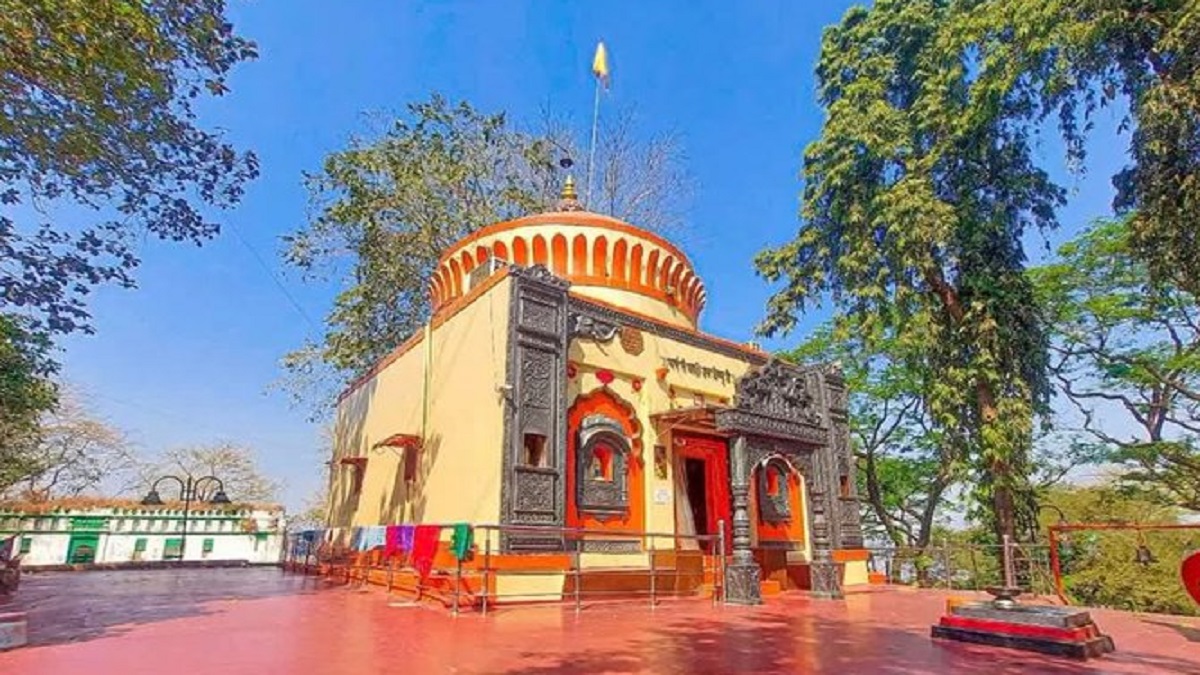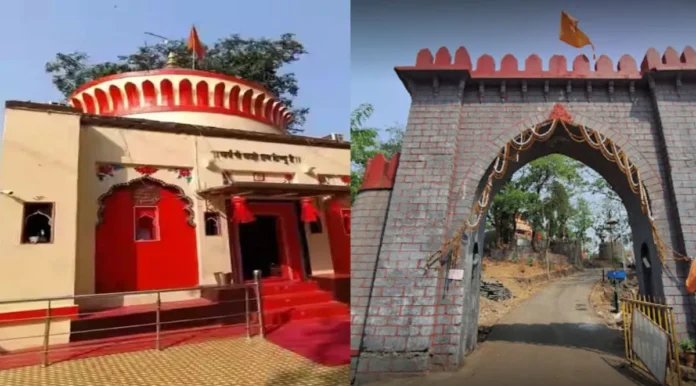Court Rules Durgadi Fort belongs to the Maharashtra government after dismissing a long-standing legal claim by the Majlis-E-Mushawarat Trust. The Kalyan civil court delivered the verdict on Tuesday, rejecting the Trust’s assertion over an Idgah (prayer space) located within the historic fort premises. The judgment concluded a legal battle that had been ongoing for nearly 48 years.
The Legal Battle Over Durgadi Fort
The dispute centered on the ownership of an Idgah inside Durgadi Fort. The Majlis-E-Mushawarat Trust filed a case decades ago, claiming that the Idgah was under their ownership. The Maharashtra government contested this, arguing that the fort and its structures were state property, given its historical and cultural significance.
The legal tussle began in the 1970s and saw numerous hearings and submissions over the years. The court’s decision in favor of the state government is seen as a significant milestone in resolving ownership disputes involving heritage sites.

The Verdict
The Kalyan civil court dismissed the Trust’s claim, ruling that the evidence presented failed to establish their ownership of the Idgah. The court upheld the Maharashtra government’s contention that Durgadi Fort, including its structures, is state property and cannot be claimed by any private entity.
Reaction From The Trust
Soon after the verdict, the Majlis-E-Mushawarat Trust expressed disappointment and announced their intention to challenge the decision in the Bombay High Court. A representative of the Trust stated, “We respect the court’s decision but firmly believe that the Idgah’s ownership needs to be reconsidered. We will be filing an appeal in the Bombay High Court.”
Historical Significance Of Durgadi Fort
Durgadi Fort, located in Kalyan, is a historical landmark with deep cultural and historical roots. Built during the Maratha Empire, the fort is named after Goddess Durga and holds significance for both Hindus and Muslims. Over the years, it has been a point of contention due to overlapping religious and cultural claims.
The Idgah within the fort premises has been a key element of the dispute, with both the state government and the Trust asserting their rights over the space.

Government’s Stand On The Verdict
The Maharashtra government welcomed the judgment, stating that it reaffirms the state’s responsibility to preserve and manage heritage sites. Officials emphasized that the ruling would allow the government to undertake restoration and conservation projects at Durgadi Fort without any legal hindrance.
“The court’s decision is a step forward in ensuring that Durgadi Fort is preserved as a heritage site for future generations. We remain committed to protecting and maintaining such landmarks,” a government spokesperson said.
Implications Of The Judgment
The verdict is expected to have far-reaching implications for disputes involving heritage properties in India. By ruling in favor of the state government, the court has set a precedent that reinforces the state’s authority over historical and cultural landmarks.
Next Steps
While the Maharashtra government plans to move forward with its preservation efforts at Durgadi Fort, the Majlis-E-Mushawarat Trust’s decision to appeal means the legal battle is not over yet. The case will now likely be heard in the Bombay High Court, where both parties will present their arguments once again.
As the dispute continues, the focus remains on striking a balance between heritage conservation and the recognition of diverse cultural and religious claims.

A Historic Ruling
The Kalyan court’s ruling marks a significant moment in the decades-long legal saga surrounding Durgadi Fort. By affirming the state government’s ownership, the judgment underscores the importance of safeguarding India’s rich heritage while addressing the complexities of overlapping cultural identities. As the case moves to the next level, all eyes will be on the Bombay High Court’s interpretation of this sensitive and historic dispute.

